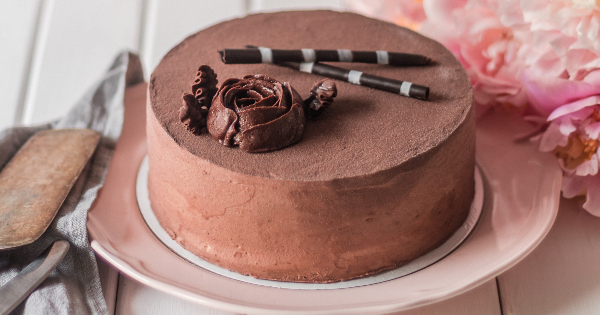E.J. Montini in the Arizona Republic reported on the Arizona Supreme Court move to attempt to use religion as a basis for “bigotry and discrimination.” Within the state Court of Appeals, the notion got rejected. However, the Supreme Court could turn either way at the time. Governor Doug Ducey stacked the Arizona Supreme Court with judges more in line with the individuals who prefer his ideology and temperament.
Jessica Boehm, from the Arizona Republic, stated that artists who make cakes do not have to make cakes for LGBTI+ couples because these could convey a message against the cake-makers’ deepest convictions, i.e., Christian beliefs stand against messages for equality in marriage of the LGBTI+ community.
Apparently, there was an ordinance for the city of Phoenix, Arizona, in which discrimination in the “providing [of] goods or services at places of public accommodation based on race, color, religion, sex, national origin, marital status, sexual orientation, gender identity or expression, or disability” is expressly illegal.
Brush & Nib in Phoenix designs custom wedding invitations. On the case, Montini provided a concise and astute observation, “It’s a shame this is even a issue. We can hold any beliefs we want. But discrimination is discrimination. “Heterosexuals only” is the same as ‘whites only.’ Every other argument is smoke and mirrors. The state’s highest court fell for the phony argument in a way that lower courts had not. Brush & Nib is like any other public accommodation. A gas station. A grocery store. A barber shop. A restaurant.”
If the denial of service to African-Americans on the basis of Christian beliefs with the same argument, based on the argument as to what message this will send to the public, and based on their deep religious convictions, we come to the, rather obvious, conclusion of the discrimination against the African-American population in wedding cake services. Similarly, one need merely apply the same argument form with different, LGBTI+, content to make the point more explicitly.
Montini concluded, “The owners and employees of such businesses are free to hold whatever beliefs they wish, and they are free to express them. Denying service is another thing, however. It’s a sad day when the state Supreme Court doesn’t recognize that. Because if it’s okay to discriminate against same-sex couples by claiming some devout religious beliefs then anyone can make similar claims to justify discriminating against … anyone.”
Photo by Diana Akhmetianova on Unsplash

